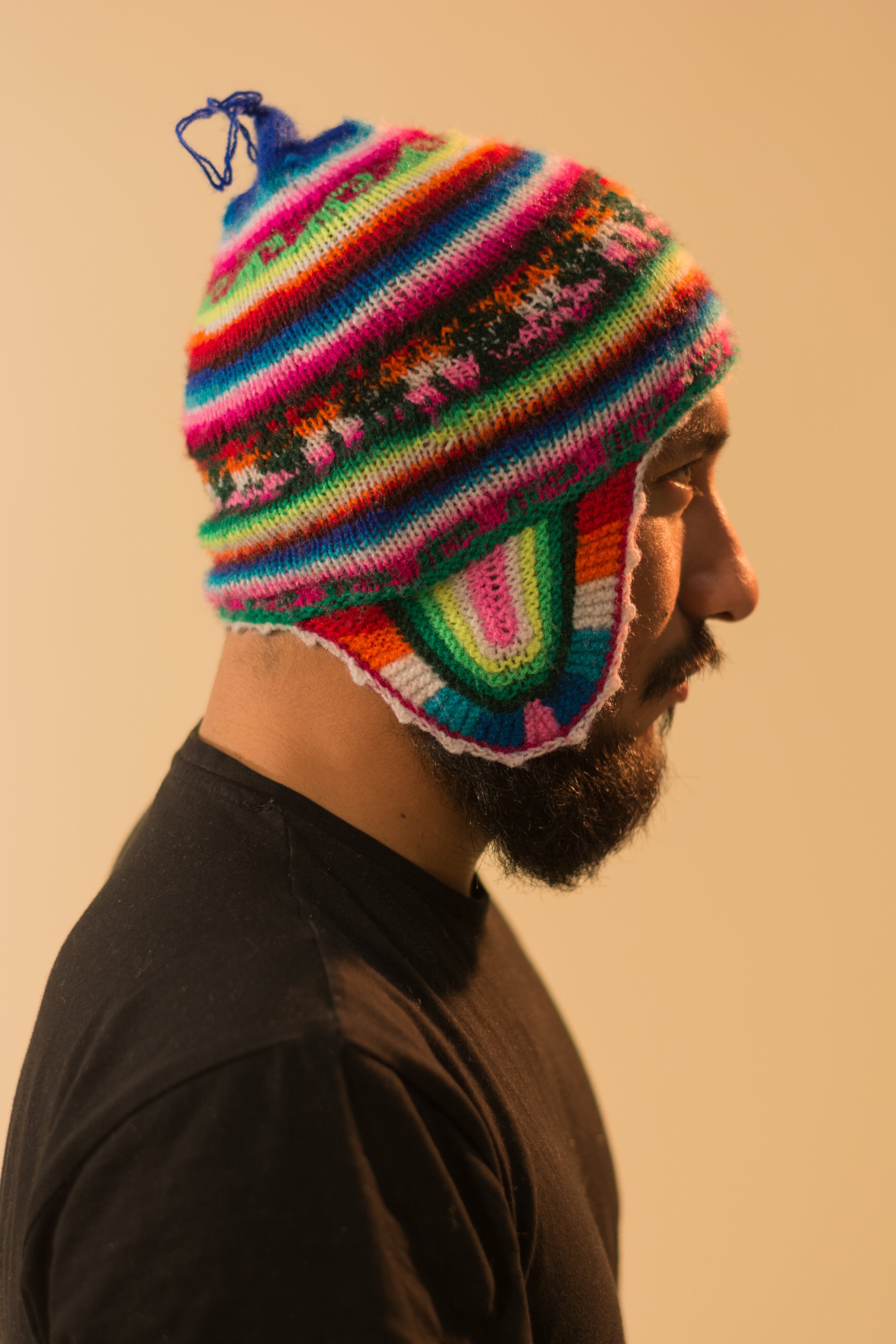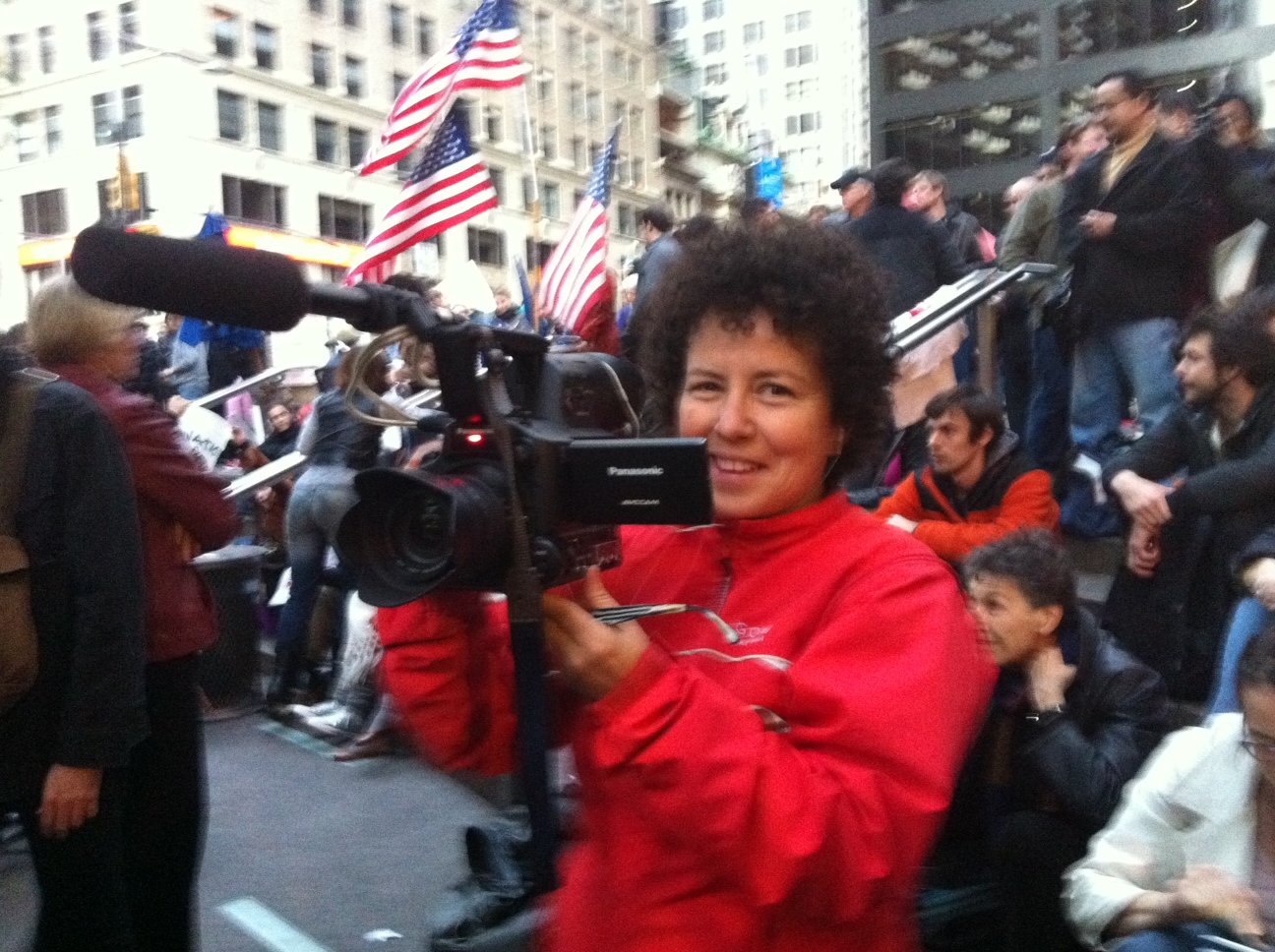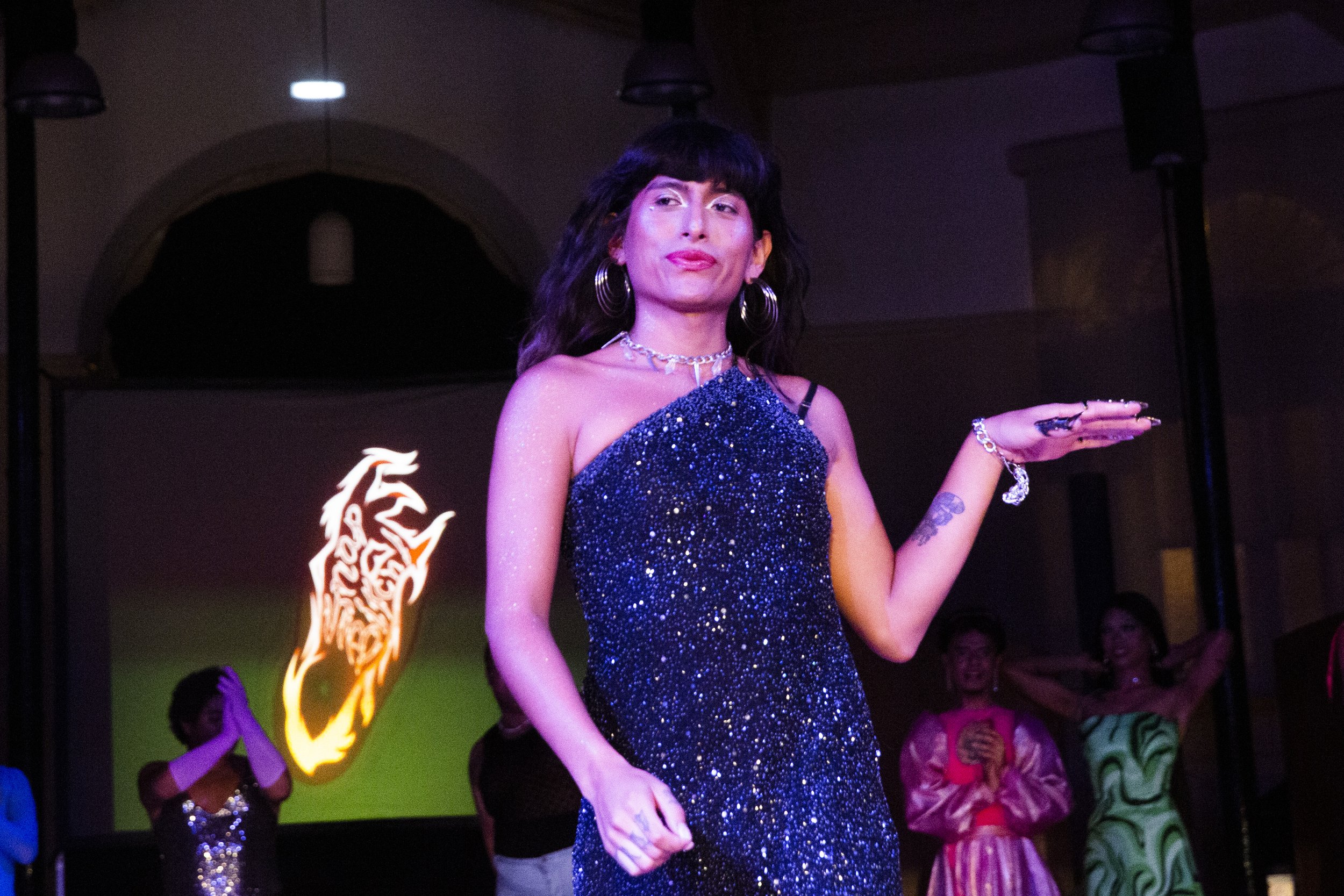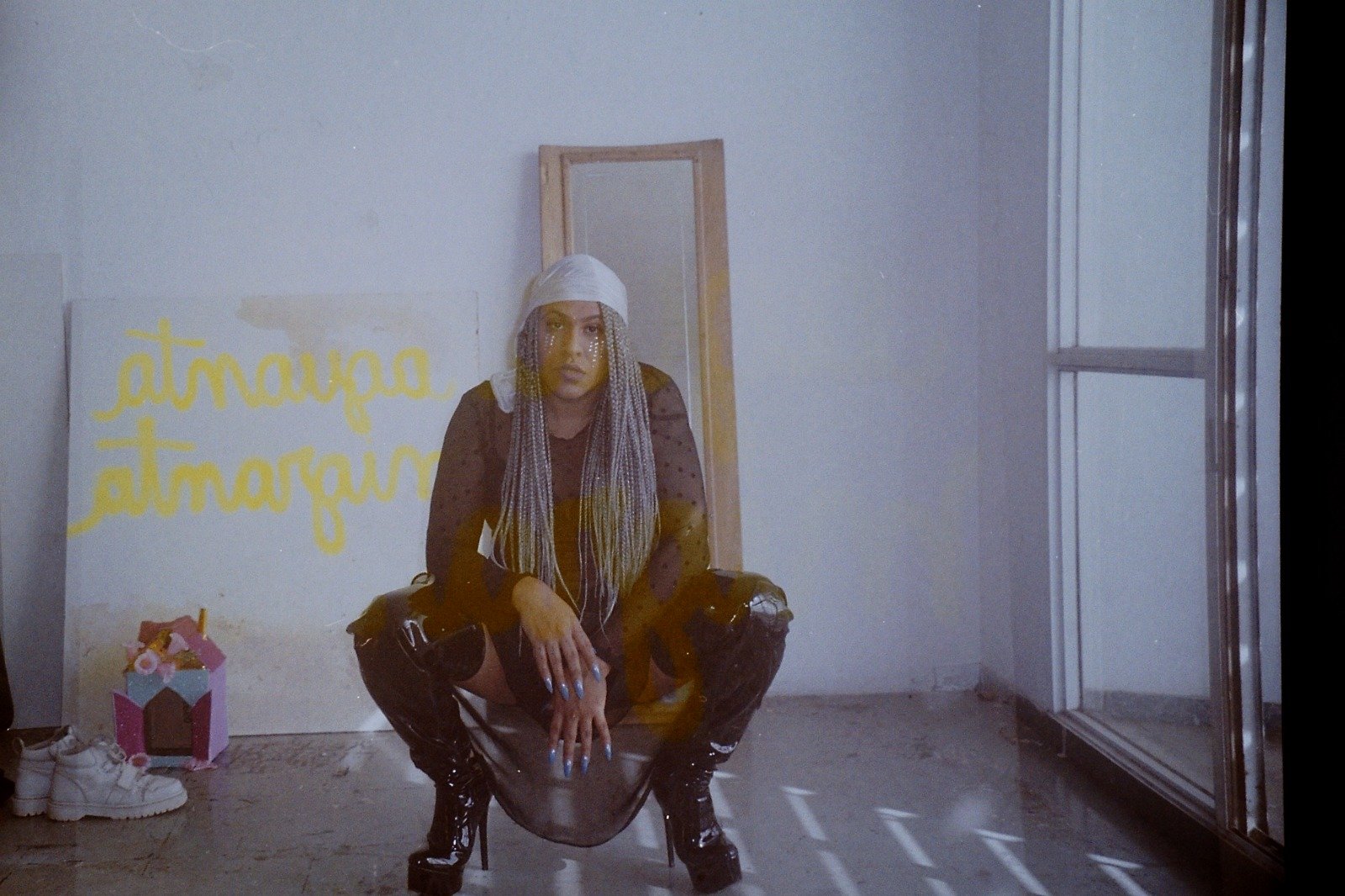While immigrants from Latin America make up the largest immigrant group in Spain, and have lived in the peninsula for centuries, there is little knowledge and understanding of Latinx people in Spain— or of the rising field of global Latinx Studies. This panel will examine what we learn about race, nation and empire when we center the experiences of diverse Latinx groups living in Spain, and when we explore the shaping of diaspora identities beyond the US context. The panel will focus the experiences of four artists of Latin American backgrounds spanning different immigrant generations to hone in on the diverse memories, histories, and specific racial, ethnic backgrounds that are often erased and marginalized. Participants will share their activism to heal colonial wounds and the tensions between visibility and invisibility they maneuver through their anti-racist activism to center black, Indigenous, queer and anti-colonial positionalities in contemporary Spain.
Panelists
Francisco Godoy Vega is a QPOC writer, artist and curator based in Madrid. He has a PhD in Art History and Visual Culture and is member of Colectivo Ayllu. He has published books including Exhibition as Recolonization (2018) and has curated exhibitions such as All Shades of Anger at Museo de Arte Contemporáneo de Castilla y León, Spain (2018).
Cecilia Barriga (Chile, 1957). In 1977 moved to Madrid, where she obtained her MA in film and television at the Complutense University of Madrid. She also takes part in workshops, seminars and courses on documentary film, scriptwriting and independent film production at New York University and the Escuela de Cine de San Antonio de los Baños in Havana, Cuba. In addition to Madrid and New York, she has lived in Berlin, Zurich and Santiago de Chile. For the past thirty years, Cecilia Barriga has worked as a director and independent producer in audiovisual creation, using a variety of formats and genres, including fiction film, documentary and experimental video art.
Nayare Soledad Otorongx (25 years old)She studied fine arts at the UCM (Madrid) Nayare explores, through epistemology and trans-ways of making, what possibilities the kiss has? what borders are there between the borders of the skin and the mouth ones? and how can we cross these borders? how to get to t4t (trans for trans) if it is a posibility? Trans memory, ancestrality and the celebration of trans and racialized bodies that are still alive is an important part of her work, the intersection between desire, eroticism, pleasure as meeting places between the intimacy and the institutions that favor the destruction of migrant, racialized, dissident and transvestite bodies. Nayare has exhibited at the Expo Haus Vienna (2020) exhibition with her poem Sarita Corona thanks to Yabby's team. She has published in magazines such as Camera Austria (2020) with the text Repetition, divert, revenge or in AWID Magazine. She had an artistic residency at the CC Matadero Madrid in the period 2020-2021, in which within the Cuerpxs que da pánico soñar project in wich she organized (with the elp of her friends) the first Kiki Ball in Madrid with a jury made up of 5 transgender people, called Matarile Rile Ball. She currently works collectively developing independent projects that cross DJing, voguing and transvestism.
iki yos piña narváez funes. Parchita Caribean, artist. Their gender is Guaichía. Anti-racist activist, performer and queer drawer. They are part of the research and political-artistic activism collective, Ayllu, with whom they have participated on the design of the Programa Orientado a la Prácticas Subalternas (P.O.P.S), a program that became part of the Matadero Estudios Críticos, at the Centro de Creación Contemporánea Matadero Madrid. They were part of the exhibition “Devuélvannos el oro” at Matadero Madrid on 2018; “Todos los tonos de la rabia” at the MUSCAC in León, España. They have been part of different collective publications that incorporate discourses related to a critic to whiteness, colonialism and sexual and gender dissidence through their texts: “No soy queer soy negrx”, and the book, “No existe sexo si racialización” published on 2017, as well as, “Este cuerpx otrx.” as part of “Inflexión marica. Escrituras del descalabro gay en América Latina” from (2018); “No son 50, son 500 años de resistencia. 10 años de Migrantes Transgresorxs” published on 2019. They work and are part of the ayllu collective that is part of the collection of the Reina Sofia Museum (Spain). Along with the Ayllu collective, they are part of the Sydney’s Bienal 2020 artist selection, and along with Jota Mombaça they have obtained the Pernod Ricard 2020 Fellowship Grant. They were also invited with Ayllu Collective to kochi Biennale (2022).





